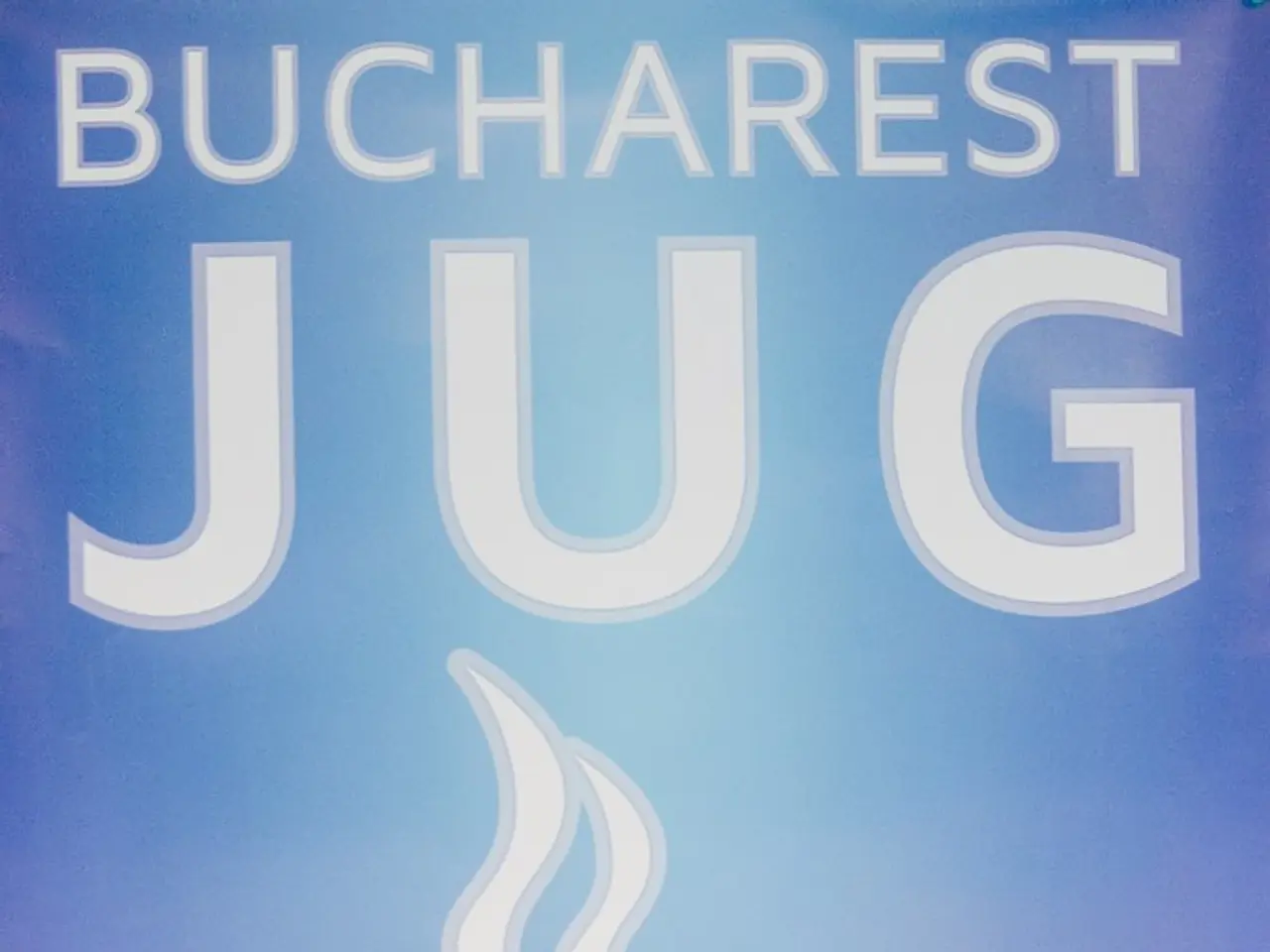UK Court Decision: Directors Now Obligated to Act Truthfully Towards the Company's Board and Shareholders
In a landmark ruling, the Court of Appeal has clarified the objective standards of honesty that directors must meet to demonstrate compliance with their duty to promote the success of the company under section 172 of the Companies Act 2006. The ruling, in the case of Saxon Woods Investments Limited v Francesco Costa, overturned a High Court judgment from 2024 that gave leeway to directors to assert that a decision knowingly to breach a company agreement, if made in good faith, did not constitute a breach of duty.
The decision emphasises that directors must act in good faith and promote the success of the company for the benefit of its members as a whole. The test for dishonesty draws on the legal standard established in Ivey v Genting Casinos [2017] UKSC 67, which applies an objective test for dishonesty. This means that a director's conduct is assessed against objective standards of honesty known in law.
In the Saxon Woods case, Francesco Costa, who was both an executive director of and a substantial investor in Spring Media, was accused of being responsible for a breach. The High Court concluded that Mr. Costa had deliberately caused Spring Media to breach the terms of a shareholders' agreement and concealed this from his fellow directors and members. However, the Court of Appeal determined that Mr. Costa breached his fiduciary duties by causing Spring Media to breach the terms of the shareholders' agreement.
The court's ruling reinforces that directors’ compliance with section 172 demands a transparent, fair, and honest approach. Directors must consider the interests of the company’s members as a whole, the company’s long-term success, and how decisions impact stakeholders and the company’s reputation, all judged against an impartial standard of honesty and good faith expected of fiduciaries.
Compliance with section 172 is a fundamental feature of the role of a director. Directors should ensure that the fact of and reasons for decisions taken in the best interests of the company are properly documented. If directors consider that it is no longer in the company's best interests to comply with the terms of a shareholders' agreement, they should seek external legal advice.
In assessing honesty in the context of section 172, the court applies the standards of "ordinary decent people". This means that a director's personal belief or intention is not sufficient to avoid liability if an objective observer would consider the conduct dishonest under the law.
This clarification emphasises the importance of directors acting with integrity and transparency in their decision-making processes. It serves as a reminder that good intentions alone do not suffice to avoid liability if an objective observer would consider the conduct dishonest under the law.
[1] Companies Act 2006 [2] Section 172 of the Companies Act 2006 [3] Fiduciary duties [4] Ivey v Genting Casinos [2017] UKSC 67
- In the light of the Saxon Woods case, it's crucial for directors to understand that their duty to promote the success of the company, as outlined in Section 172 of the Companies Act 2006, necessitates a resolution of disputes via transparent, honest, and fair means.
- Furthermore, in order to comply with their fiduciary duties and the objective standards of honesty, directors must be aware that finance, business, and other decisions are assessed against the impartial standard of honesty that an "ordinary decent person" would consider reasonable, as per the legal standard set in Ivey v Genting Casinos [2017] UKSC 67.




